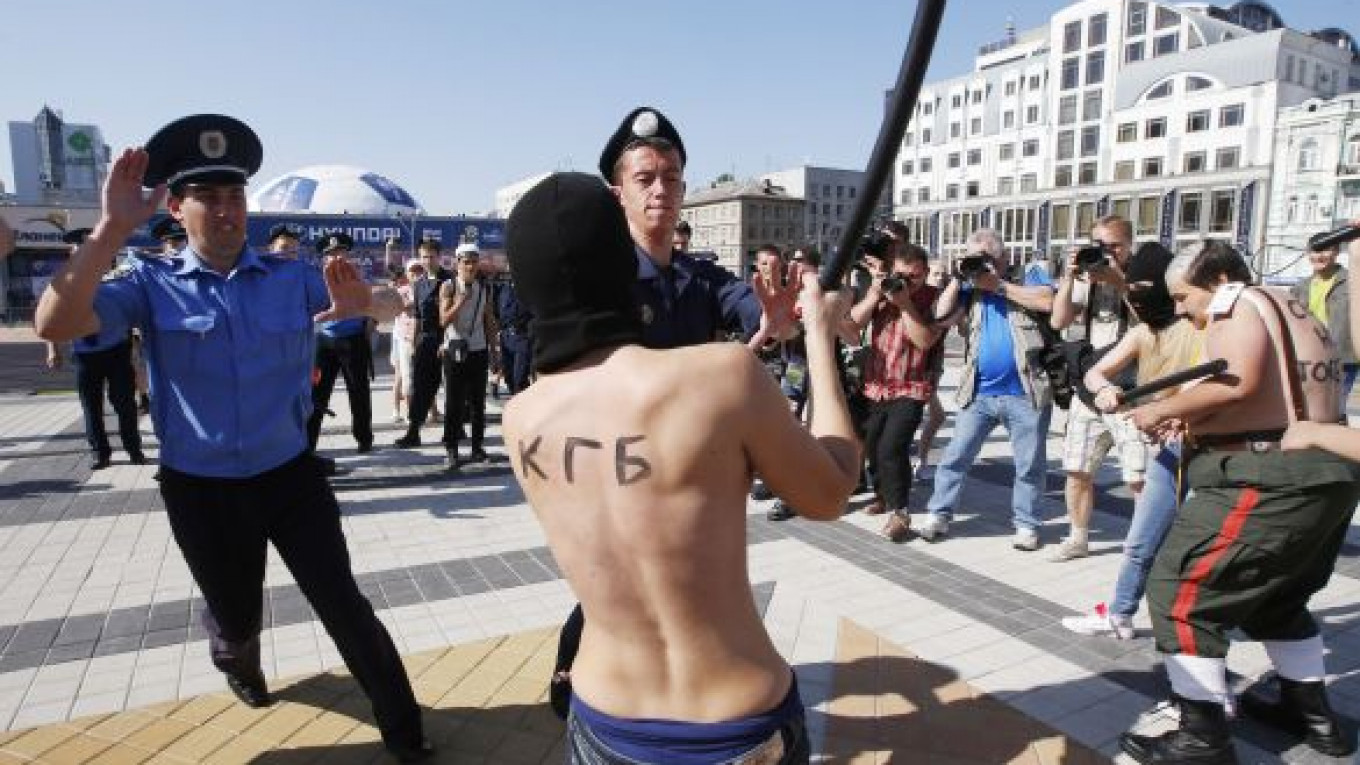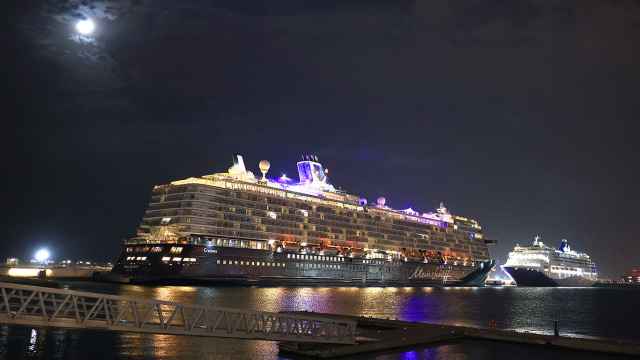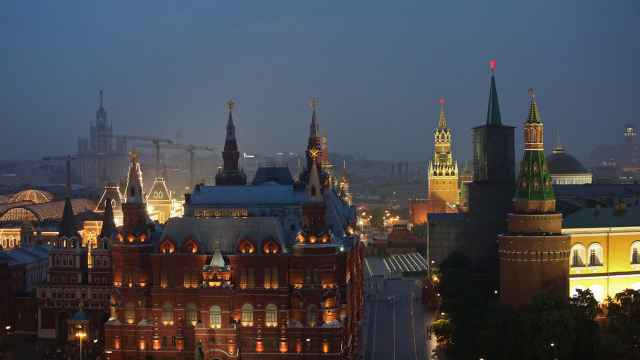KIEV — Ukraine kept the embarrassing case of jailed former Prime Minister Yulia Tymoshenko largely out of sight, the West’s token protests barely registered, and Ukraine, in the end, threw a smiling, trouble-free party that made it many friends among Europe’s football-going public.
The only crowd violence — a persistent fear of organizers at big football feasts — took place not in Ukraine but in co-host Poland, when Poles and Russian fans clashed early in the tournament.
So Ukraine, which went into the three-week Euro 2012 dogged by foreign media charges of racism, homophobia and corruption, has grounds for saying it proved many of its critics wrong.
Italy and Spain met in the final in Kiev late Sunday.
But once the final whistle has been blown and the last drinks’ marquee has come down, President Viktor Yanukovych will have to go back to handling his fractious relations with Europe, which is troubled by his lack of commitment to democracy.
Thousands of European fans were deterred from visiting by adverse Western media reports, high prices for accommodations and huge distances between the four match-hosting cities.
But a long June of nonstop street partying has brought thousands of Ukrainians together with those of Europe’s football faithful who did make the long trip to a country that, 20 years after independence, is still far off the beaten tourist path.
They’ve drunk, danced and whooped it up in front of the big “fan zone” screens. Without any common language, they’ve shared each other’s success on the pitch and helped drown each other’s sorrow.
Despite the huge numbers of foreign supporters — there were 20,000 Swedish fans alone in Kiev — few incidents, racist or otherwise, have been reported.
At times in the early hours, drunken supporters had to be coaxed — or pulled — down from the graceful chestnut trees that line Kiev’s main thoroughfare.
But the groups of red-bereted riot police waiting in side streets in the city center were only occasionally called to divide groups of supporters squaring off against each other.
So in many ways, Yanukovych has good reason to ride a mood of national joy after hosting Sunday’s final at Kiev’s Olympic Stadium.
But analysts say Yanukovych still has to resolve the dispute with the EU over the jailing of Tymoshenko if he wishes to capitalize on the goodwill generated by the tournament. “At the people’s level, Ukraine was a nice revelation for the fans, but I don’t think the successful organization of the tournament will shift the perception of politicians about Ukraine,” said Olga Shumylo-Tapiola, a visiting scholar of Carnegie Europe.
Boycotts by Britain, France and Sweden passed largely unnoticed as sports carried all before it in the tournament’s opening stages. Ukrainian authorities, anxious to avoid embarrassment, put the Tymoshenko affair on the back burner. Tymoshenko’s appeal of her conviction, and a new trial on charges of tax evasion and attempted embezzlement, were postponed until after the tournament.
Few, though, would deny that Ukraine confounded its critics by its organization of facilities.
The creation of a vast pedestrian-only “fan zone” along Kiev’s main boulevard and central Independence Square turned the city center into a vast playground that throbbed and pulsated with partying — even on nonmatch nights.
Only the church and a neo-feminist group fretted: A branch of the Ukrainian Orthodox Church denounced the sinful “monkey” frenzy of fans, while activists from the Femen group, which says Euro 2012 encourages prostitution, abused fans and kicked their drinks off tables.
A local weekly, Kyiv Post, quoted city sex workers and monitoring agencies as saying there had been no increase in demand for sex services during the tournament. “After the championship started, I spoke to girls in Kiev and other host cities, and none of them spoke about crowds of clients,” Olena Zuckerman, who heads the Legalife sex workers protection group, was quoted as saying. “So people who invested in the sex business [for Euro 2012] will be disappointed.”
Much-publicized charges in the British media of racism in Ukrainian football rang hollow, too.
In Donetsk, one of Ukraine’s match cities, England fans towed a mock coffin through the street, denouncing England footballer Sol Campbell. He had warned supporters before the tournament to stay at home “because you could end up coming back in a coffin.”
“If it had not been for the Tymoshenko problem, the Euros would have really helped Ukraine,” said Volodymyr Fesenko, an analyst of Penta, a think tank.
“It was a test for Ukraine to see whether it could handle such a complicated task as organizing the Euros. But our internal political problems have detracted from any positive [Euro] effect,” he said.
A Message from The Moscow Times:
Dear readers,
We are facing unprecedented challenges. Russia's Prosecutor General's Office has designated The Moscow Times as an "undesirable" organization, criminalizing our work and putting our staff at risk of prosecution. This follows our earlier unjust labeling as a "foreign agent."
These actions are direct attempts to silence independent journalism in Russia. The authorities claim our work "discredits the decisions of the Russian leadership." We see things differently: we strive to provide accurate, unbiased reporting on Russia.
We, the journalists of The Moscow Times, refuse to be silenced. But to continue our work, we need your help.
Your support, no matter how small, makes a world of difference. If you can, please support us monthly starting from just $2. It's quick to set up, and every contribution makes a significant impact.
By supporting The Moscow Times, you're defending open, independent journalism in the face of repression. Thank you for standing with us.
Remind me later.






